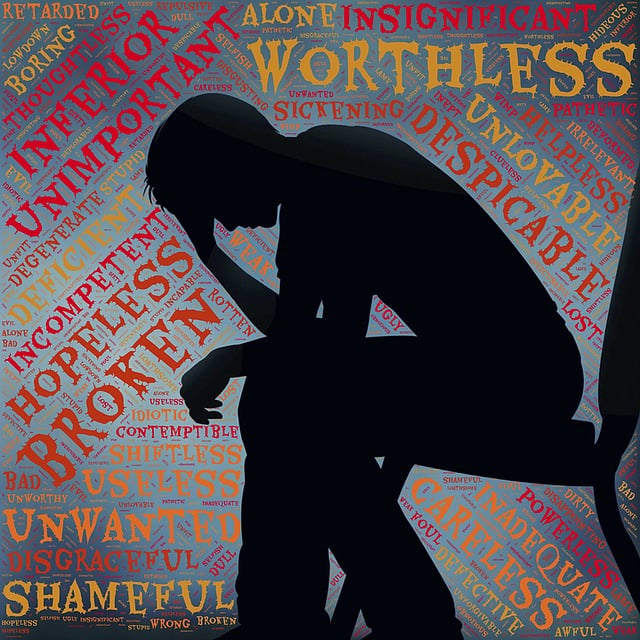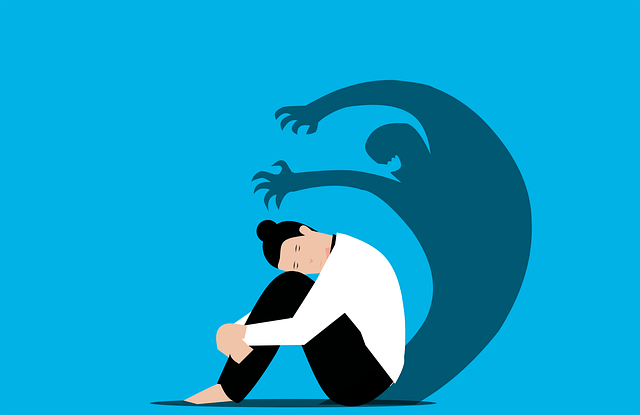Louisville's diverse population highlights the need for culturally competent chronic illness therapy. Effective training should go beyond basic sensitivity, incorporating diverse perspectives, clinical scenarios, and engaging activities. This approach enhances emotional regulation skills, improves communication, and tailors care to individual needs. Implementing such training in Louisville's healthcare system benefits patients, caregivers, and outcomes, making it a strategic initiative for inclusive, holistic care.
“Enhancing healthcare outcomes in Louisville, Kentucky, through cultural competency training is crucial, especially for chronic illness therapy. This article explores the significance of understanding cultural nuances and their impact on patient care. We delve into designing effective training programs tailored to healthcare providers, focusing on sensitivity to diverse cultural backgrounds.
By examining Louisville’s healthcare system, we uncover the measurable benefits of such initiatives, highlighting improved patient satisfaction and treatment outcomes in chronic illness management.”
- Understanding Cultural Competency in Healthcare: Why It Matters in Louisville Chronic Illness Therapy
- Designing Effective Training Programs for Healthcare Providers on Cultural Sensitivity
- Implementing and Measuring the Impact of Cultural Competency Training in Louisville's Health Care System
Understanding Cultural Competency in Healthcare: Why It Matters in Louisville Chronic Illness Therapy

In the context of Louisville Chronic Illness Therapy, cultural competency goes beyond basic sensitivity. It involves understanding and appreciating the diverse cultural backgrounds, beliefs, and values of patients, especially those dealing with chronic illnesses. In a city as culturally rich as Louisville, where individuals from various ethnic and socio-economic groups seek therapy, this is crucial. Effective treatment requires healthcare providers to be adept at navigating complex cultural nuances, ensuring every patient receives personalized care that respects their unique perspectives.
Cultural competency training equips professionals in Louisville Chronic Illness Therapy with essential tools for emotional regulation and enhanced social skills training. It fosters emotional intelligence, enabling providers to create a safe, supportive environment where patients feel understood and heard. This approach not only improves therapy outcomes but also strengthens the therapeutic bond between caregivers and patients from diverse backgrounds.
Designing Effective Training Programs for Healthcare Providers on Cultural Sensitivity

Effective cultural competency training for healthcare providers involves designing programs that go beyond surface-level awareness. It’s crucial to foster deep understanding and empathy by incorporating diverse perspectives into curriculum development, ensuring relevance to real-world clinical scenarios. Engaging activities like role-playing, case studies from various cultural contexts, and discussions facilitated by experts can significantly enhance learning.
Additionally, integrating evidence-based practices such as Emotional Well-being Promotion Techniques, Mindfulness Meditation, and Depression Prevention strategies within the training framework empowers healthcare providers to support patients’ mental health alongside physical treatment. A Louisville Chronic Illness Therapy approach, for instance, can benefit from these training elements, enabling professionals to offer holistic care that addresses the unique needs of a diverse patient population.
Implementing and Measuring the Impact of Cultural Competency Training in Louisville's Health Care System

Implementing cultural competency training within Louisville’s healthcare system has become a strategic initiative to address diverse patient populations and their unique needs. This approach recognizes that effective care delivery requires an understanding of cultural nuances, especially for individuals seeking Louisville chronic illness therapy. By incorporating empathy-building strategies and stress reduction methods into the curriculum, healthcare providers gain valuable skills to interact with patients from various backgrounds.
The impact of such training is multifaceted. It enhances communication, improves patient satisfaction, and fosters a more inclusive environment. For instance, mental wellness podcast series production can be influenced by cultural competency, ensuring content resonates with diverse audiences. Measuring the success of these programs involves qualitative and quantitative methods, including patient feedback, provider self-assessments, and tracking improvements in healthcare outcomes over time.
Cultural competency training is a game-changer in Louisville’s healthcare landscape, particularly for chronic illness therapy. By equipping providers with the skills to navigate diverse patient backgrounds, we enhance care quality and accessibility. Effective training programs, focused on sensitivity and understanding, can revolutionize how healthcare is delivered, ensuring every individual receives respect and tailored support. Measuring the impact of this training is crucial, allowing us to continuously improve and adapt to Louisville’s diverse community needs in chronic illness management.











